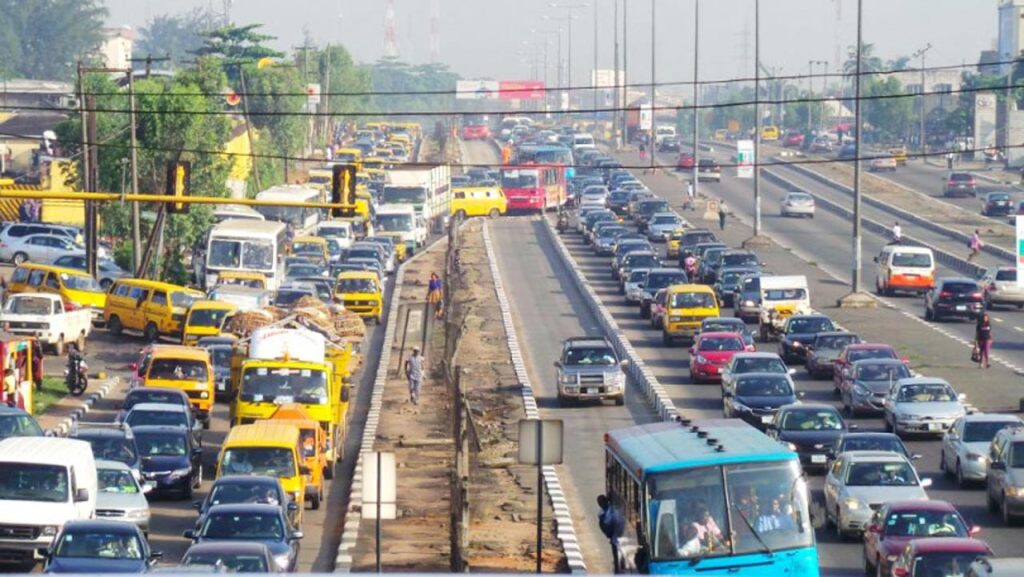
Oando Partners Lagos Government for Sustainable Transportation
With over 20 million residents, Lagos is the most populous city in Africa and among the fastest-growing mega cities in the world. Over the last decade, the number of vehicles on Lagos roads has quadrupled.
On average, most of these vehicles are over 15 years old, using old emission technologies and fuel with high sulfur levels.
The upward trajectory in vehicle numbers poses a significant challenge as transportation has been identified as a key contributing sector globally to annual CO2 emissions, accounting for close to a third of emissions.
This figure is significantly higher in Nigeria where transportation contributes approximately 60% in carbon emissions. The World Bank estimates that at least 30,000 people die annually in Lagos due to pollution.
Oando recognizes that one of the fastest routes to net zero will be to take transportation and associated pollution out of the equation.
Against this backdrop and in support of accelerating Nigeria’s race to achieve net zero by 2060 is the ‘cleaning up’ of the country’s transport system through the deployment of sustainable transport solutions.
Oando Clean Energy’s (OCEL) agenda is to invest in climate-friendly and bankable energy solutions across the African continent, starting in its home country Nigeria.
Currently, Lagos State’s mass transit system has over 1,000 internal combustion engine buses releasing an estimated 44,000kg of CO2 daily.
OCEL’s strategic approach is to stimulate Electric Vehicle (EV) adoption in Nigeria and build the next downstream sector for mobility; one that will dispense electricity instead of petrol or diesel via transitioning the country’s current combustion engine mass transport vehicles to EVs.
To this end OCEL signed a Memorandum of Understanding (MoU) with the Lagos Metropolitan Area Transport Authority (LAMATA), the Lagos State Government Agency tasked with planning, implementing, regulating, and franchising sustainable integrated public transport in Lagos.
The MoU establishes a partnership between OCEL and Lagos State in her journey to becoming a sustainable city via the rollout of electric mass transit buses, supporting charging infrastructure and service centres (EV Infrastructure Ecosystem).
This landmark initiative and a first for Lagos State demonstrates Oando’s dedication to the Ten Principles of the United Nations Global Compact, which the company has participated in since 2009. It also reflects their commitment to the Sustainable Development Goals (SDGs), particularly SDG 7 – Affordable and Clean Energy, SDG 11 – Sustainable Cities and Communities, and Goal 13 – Climate Action.
President of OCEL, Dr. Ainojie ‘Alex’ Irune acknowledges that the initiative is in recognition of the urgent need for electric vehicles to address transportation’s circa 60% contribution to Nigeria’s GHG emissions.
- “This is an opportunity for us to revolutionize mobility in our country as well as build local capacity for the renewable and clean energy ecosystem. Whilst today these buses have come from across the world, in the very near future they will be produced here in Nigeria. In the very near future, we will have a multitude of locally trained engineers who are capable of operating, maintaining, and servicing these buses and other renewable energy assets. We see these buses as a first step.
- This PoC facilitates the collection of the first sets of data points to support the development and deployment of EV for municipal and public transport on the continent. Our ambition together with Lagos state, is to set our sights on the future and chart a path for others to follow” he noted.


